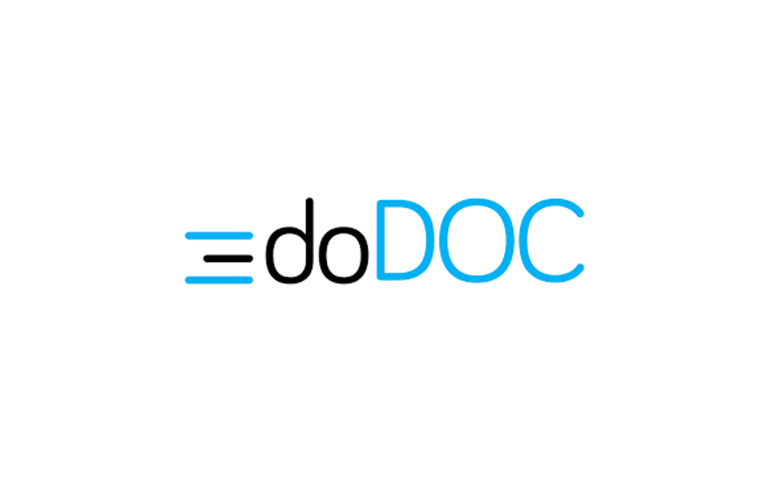
by Carolina Santos | Aug 12, 2018 | Uncategorized
Carlos, Paulo, and Federico met at MIT. They collaborated on a project and were eager to continue working together in one way or another. However, they needed an idea.
The idea was to create an interface where the user simply inserts the input into a prespecified table without the need for coding. It didn’t win, but the idea remained, and later resurfaced during a brainstorming session between the three founders.
Two weeks later, they had a working prototype. They decided to commit themselves fully to the project to see if it could be something. Lisbon Challenge was the opportunity to take the leap of faith. An opportunity to validate the idea with a community of investors, mentors and potential customers. Before entering Lisbon Challenge, they had agreed that if no one showed interest they would quit the project.
During the program, they polished their presentation skills. This proved to be a useful skill, as a founder you are always pitching. To customers, investors, business partners, and employees. Yet, the most important aspect of the program was the community and network that came along with it. Techstars followed (after they worked their a**es off).
What’s their proudest accomplishment so far? The team.

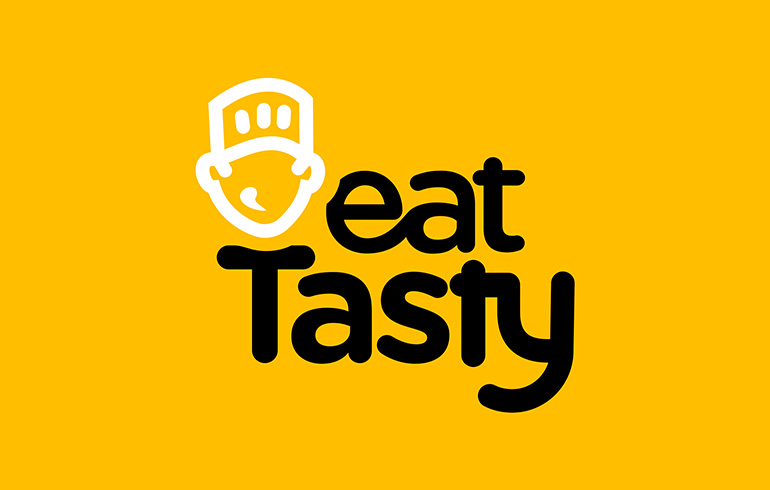
by Carolina Santos | Aug 12, 2018 | Uncategorized
Food has never been more trendy and business around it is exploding. Food is on prime-time tv, online influencers have made their careers around it, chefs are the new rockstars and suddenly everyone is calling themselves a ‘foodie’. The plethora of opportunities arising as a result of this did not go unnoticed by the founders of EatTasty, Rui and Orlando.
When Amalie Naustdal, our former Communications Manager, spoke with them, they told her that they applied to Lisbon Challenge as a means for early-stage testing their product and service, as well as to connect with people who had experience in doing what they were trying to do. Four weeks into the accelerator, they started selling their product. They did not have a website up and running, but managed to sell to four different companies using WhatsApp and Typeform, publishing the daily menu in the WhatsApp group from each company.
The acceleration program also provided them with access to a large network of investors. They also developed a network with big companies in Lisbon to offer their services to. Winning Lisbon Challenge meant an investment from Caixa Capital, as well as Bright Pixel investing in them during the program.
In the early development stages, they focused on the supply side of the service, getting partners throughout the supply chain and building the product with high-profile chefs. They have tried to remain focused on the main challenges to not get ahead of themselves. Taking it one step at a time. During Lisbon Challenge, they were careful on deciding which workshops to attend, which mentors to meet and which investors to pursue, not to waste any time and only focus on what was relevant to them.
The current goal is to double sales within Lisbon. With 3,000 registered users, they believe the key is to grow the customer base within their existing areas of Lisbon. Afterwards, they plan on expanding to new neighbourhoods, before expanding across borders.

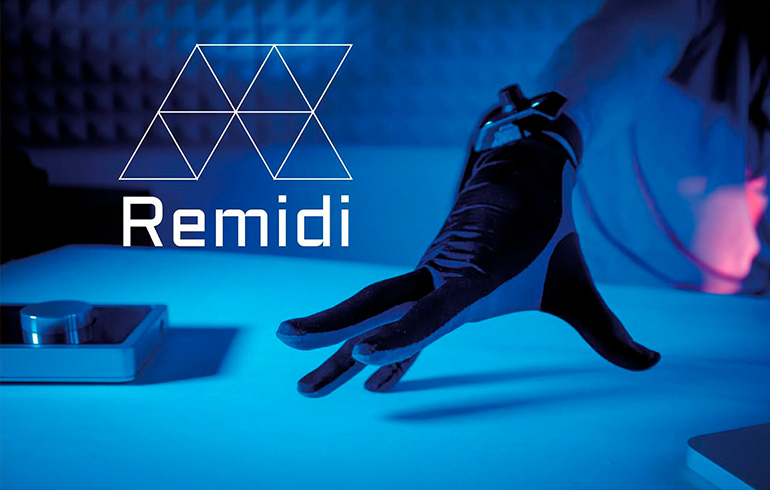
by Carolina Santos | Aug 12, 2018 | Startups
Andrea Baldereschi, founder of Remidi, had an idea – a sensor suite embedded into a glove, allowing you to tap and alter sounds with the twist of your wrist – but having an idea of a product and having an idea of a business are two totally different things.
Lisbon Challenge was their first encounter with the world of startups and helped them understand how to build a company. It was a huge first milestone, and after that, they claim they evolved a lot.
The acceleration program gave them insights into venture capital and investments, what challenges they must prepare to face, how to build a team and how to make themselves credible, to gain the trust of consumers, investors and collaborators.
After all this time, Lisbon Challenge’s network still supports them, makes important introductions and helps them when they need it. But most importantly, it helped them advance their business. Techstars came after Lisbon Challenge, where they’ve created an environment and network to support them and their development abroad.
The hardest challenge faced by the team so far was turning the prototype into a final product. To create a product to be manufactured into hundreds of thousands of units is something entirely different to the creation of an early stage product, and the team lacked the experience. Despite the challenge, they recently shipped the first batch of 600 products to final customers.
As for the future of the products, Remidi has several new ideas in the pipeline for the range of customers, soon to be revealed. Just wait for the next chapter.

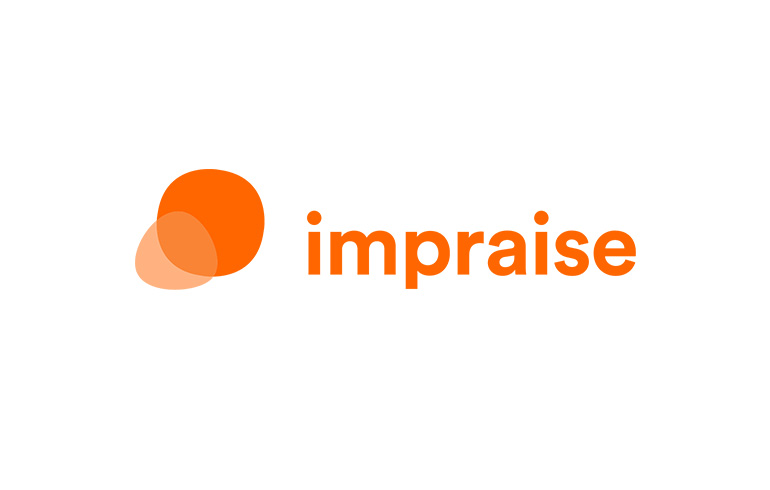
by Carolina Santos | Aug 12, 2018 | Uncategorized
Impraise landed a Series A Investment of $10.6 Million last month (July, 2018). Impraise helps companies retain and engage key talent by empowering individuals to take ownership of their performance and development.
Impraise decided to join Lisbon Challenge after a Portuguese friend told them about the program. They landed in Lisbon without a technical co-founder so they created ‘startups meet developers’ and organized a meet up on the day they arrived, one day before Lisbon Challenge started. The night was a success, they met their co-founder Filipe, who quit his job to join the team two weeks after the meet up.
Lisbon Challenge ended up helping them understand what it meant to build a product, a company, and a team. They made it to the top 10 startups, chosen for an international Roadshow to London, New York, and Sao Paulo. After the Roadshow, they went back to Berlin to continue building Impraise with new experiences and learnings to guide them on their path.
After going back to Berlin, guess who called them? Yes, that’s right: Y Combinator. The interview was successful and they ended up joining the next batch of the accelerator. Amsterdam followed and even an office in New York.
Regarding their product it has been a continuous journey with big ideas on how to transform from an HR process to a coaching and communication tool – all that while struggling to maintain focus, their biggest challenge so far
Impraise is after now after expansion and getting new clients. They also have an advice for startups – future Lisbon Challenge startups included – ‘stay open and curious about the opinions of your team members and to challenge things.’

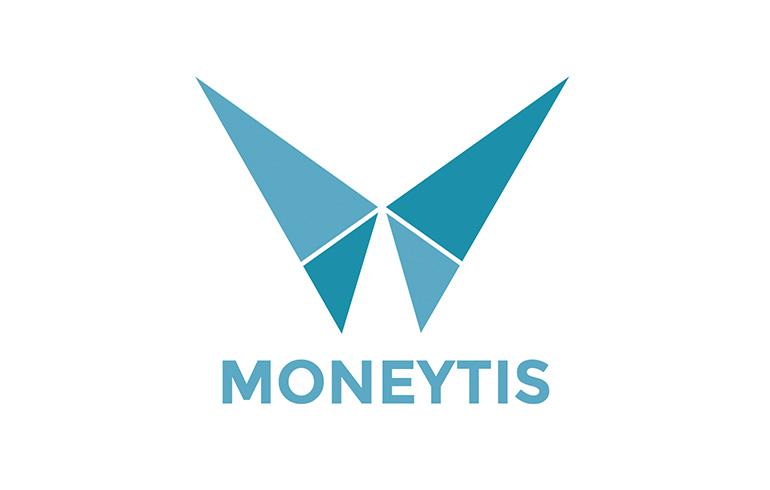
by Carolina Santos | Aug 12, 2018 | Uncategorized
Through the years there have been several success stories from startups that participated on Lisbon Challenge. Though it’s hard to keep track at times of them all – we’re making an effort on that direction -, we like to keep updated of their successes. Actually, we like to be updated on everything regarding them. We see them as our babies and like parents we’ll always be proud of them, no matter what.
The founders of Moneytis participated on three acceleration programs, first it was ING Innovation Studio in Amsterdam, the second one was Lisbon Challenge, where they learned the importance of being organized and structured, as well as, how to be fully focused on the phase they were in, not getting distracted by all possible actions they could be partaking in. And the third accelerator was what they most dreamed of: Y Combinator.
They face Lisbon Challenge as a stepping stone to achieve Y Combinator, the accelerator they claim is “run by magicians” and call it of “Tinder for entrepreneurs and investors”.
Being on acceleration programs also taught them the importance of creating something that people love and to focus on making their customers happy – loyal customers guide on how to build the product further. They tried to talk to every customer to ensure they were happy and figure out possible areas for improvement. Their way to acquire new customers was simply to build a service that is faster and less expensive.
After building trust, which besides being vital to the survival of any business is pretty hard to get, they ended up pivoting – not unusual for startups during the course of 3 months at Y Combinator -, because while talking to their customers, they realized the technology their solution was built upon was slowly improving.
So, they decided to go into the source of many problems: Blockchain. It allows people to take control of their finances, facilitating the request for payments, allowing invoices to be sent and processed in real-time. They are creating a layer on top of the blockchain for individuals to request and make payments without an intermediary, making it more efficient and less costly.
Now, their focus is on building the product and further evolving the ecosystem, creating a community of people working together towards the same goal. We, at Beta-i, are still waiting for their visit, because the benefits of entering Lisbon Challenge don’t end when the 10 weeks end.







